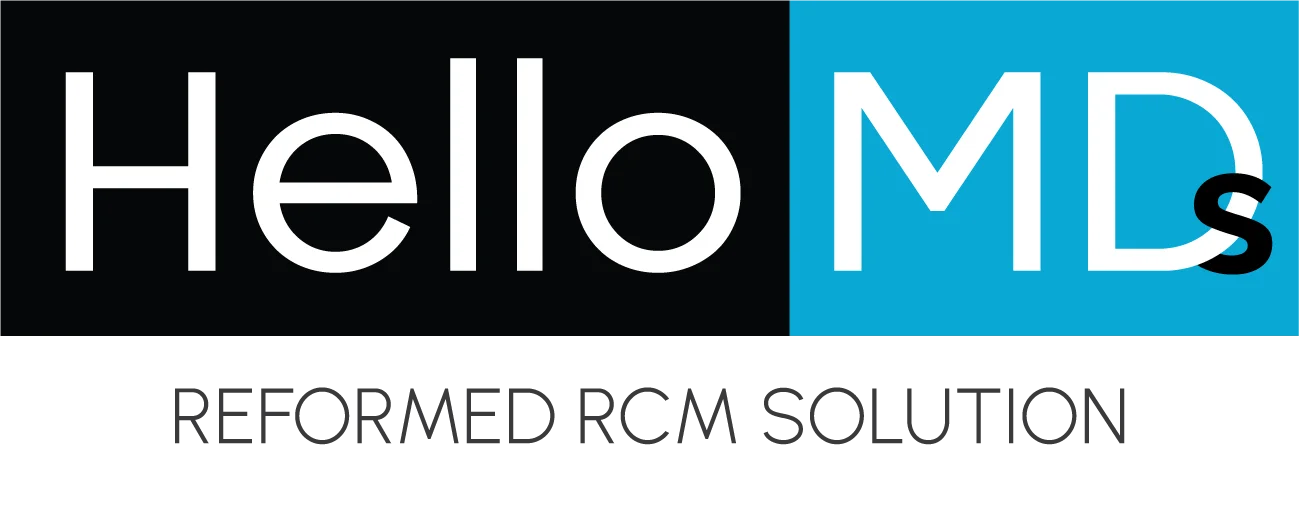CPT codes are short for Current Procedural Terminology or a set of medical codes describing medical, surgical, and diagnostic services a healthcare provider provides. Some of these codes are essential, especially those related to cardiology; one such CPT code 93000, will be discussed within this blog and deals with details, usage, billing relevance, and more.
CPT Code 93000 Description
The “Electrocardiogram, ECG or EKG, routine ECG with at least 12 leads; with interpretation and report” procedure has been given a 93000 CPT code. In this procedure, a machine records the electrical activity of the heart over a period, thus providing critical information regarding the heart’s rhythm, size, and possible abnormalities.
Components of 93000 CPT code
Clinical Uses of 93000 CPT code
CPT code 93000 is widely applied in clinical practice for several conditions:
Charging and Reimbursement for CPT Code 93000
Charging for 93000 CPT code depends on knowing both the coding and the documentation:
Importance of CPT Code 93000 in Preventive Care
The 93000 CPT code is the best billing tool and an effective diagnostic tool that forms a component of preventive cardiology. It antidotes early signs of the problem, providing intervention at its very earliest signs to save patients through regular ECG screening, given their risk factor history, such as hypertension, diabetes, or an identified family risk.
Does CPT 93000 Require a Modifier?
Several modifiers may be applied to CPT code 93000, which describes a complete electrocardiogram (ECG), to make billing more straightforward:
The above modifiers ensure the correct billing and reimbursement, enabling the insurance to understand the components and circumstances surrounding the ECG service.
Streamlining CPT Code 93000 with Hello MDs
Hello MDs has streamlined the process for code 93000 CPT while integrating telemedicine services that permit remote consultations and efficient scheduling of electrocardiograms or ECG. Advanced electronic health record management allows easy retrieval of patient records and ECG results, providing accurate interpretation and timely follow-ups. Simplifying processes in billing and coding further improves efficiency and increases the quality of care through effective monitoring and proper interventions.
Conclusion
CPT code 93000 is very important for evaluating and managing cardiac conditions. The ECG represents an essential part of cardiology, from chronic disease follow-up observations to regular screenings.
With advancements in medical technology, the right coding and interpretation will always be crucial in ensuring that healthcare providers deliver quality care to their patients.


